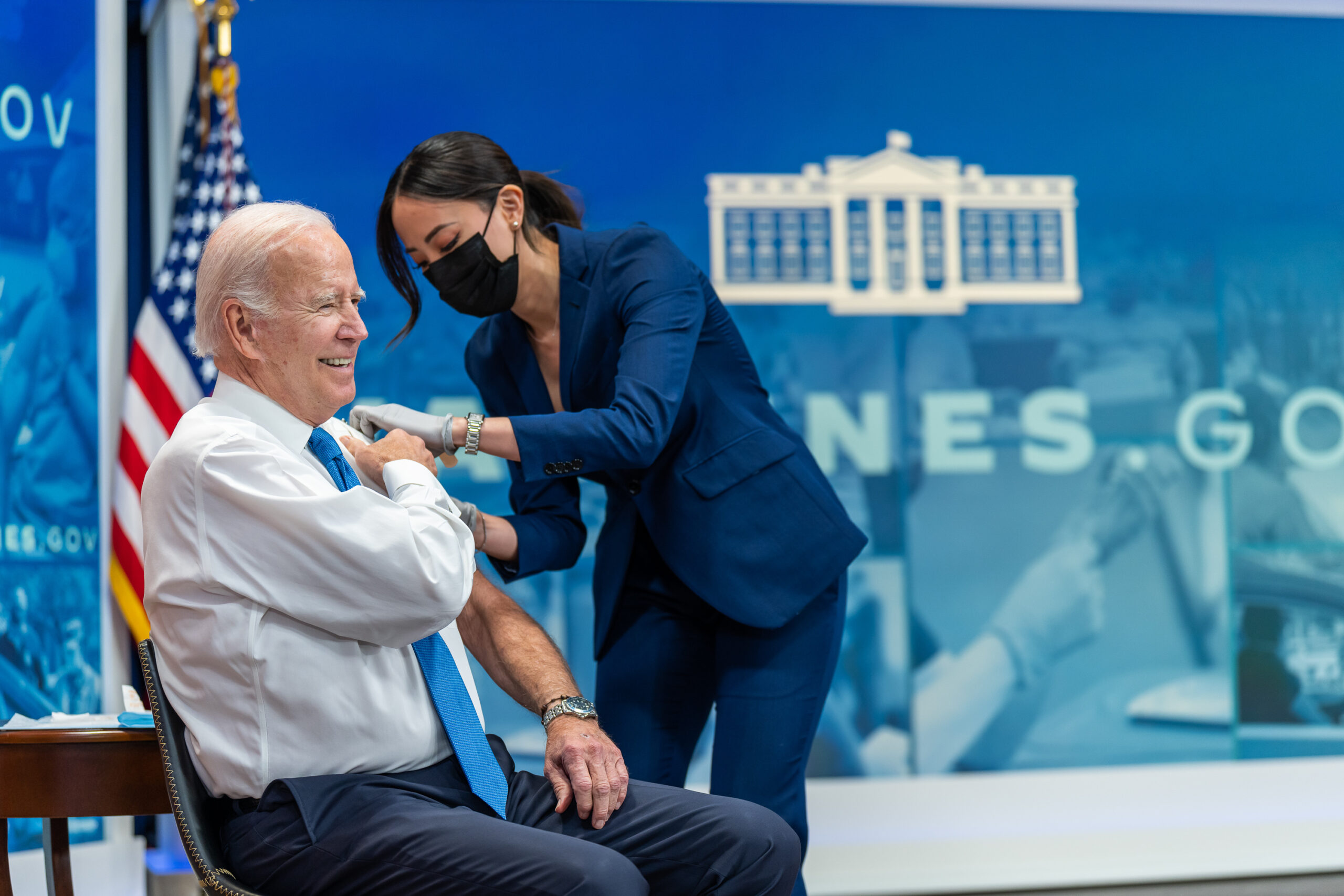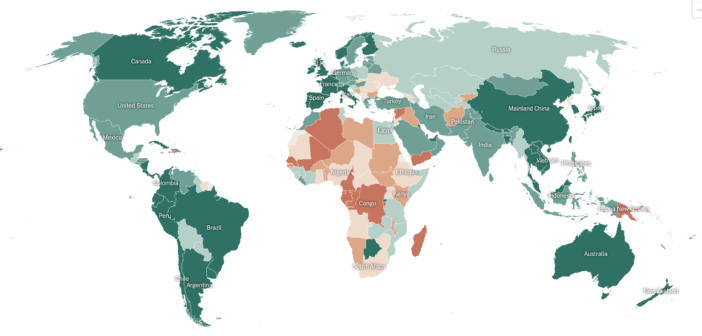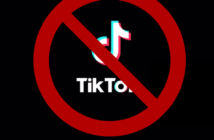By Ryn Williams, Former Layout Editor
COVID-19 has adapted rapidly since its discovery. While previous vaccines offered effective immunity, COVID-19 has continued to evolve, most notably into the Omicron variant.
According to the Centers for Disease Control and Prevention (CDC), deaths due to the Omicron strain of COVID-19 spiked in Oct. 2021, reaching over 1,600 deaths per 100,000 people.
Vaccine development has continued to evolve alongside the SARS-CoV-2 virus. In mid-September, both the Food and Drug Administration (FDA) and the CDC approved the updated Pfizer-BioNTech and Moderna vaccinations. In early October, both organizations approved the Novavax vaccination.
Both Pfizer-BioNTech and Moderna vaccines target the deadliest subvariant of the Omicron strain and are mRNA vaccinations. mRNA vaccines carry a message teaching the body how to fight SARS-CoV-2, instead of presenting a form of the virus to the immune system. Because mRNA vaccines do not use dead or weakened viruses to stimulate an immune response, they can be modified much easier and require less time and cost to develop.
Before the COVID-19 pandemic, mRNA flu vaccines were in clinical trials at Penn Medicine. Existing research helped develop vaccines from Pfizer-BioNTech and Moderna laboratories. Now, because mRNA vaccines are so effective and highly researched, scientists at Penn have demonstrated promising results of mRNA vaccines to help the body fight cancer cells.
Unlike the Pfizer-BioNTech and Moderna mRNA vaccinations, the Novavax vaccine is protein-based. According to an article by Nebraska Medicine, the protein in Novavax is developed from moth cells and the adjuvant originates from tree bark. Scientists introduced antigens from SARS-CoV-2 into an insect virus and infected moth cells. Then, the researchers took the spike proteins (the moth cells’ reaction to the virus) and purified them to create the Novavax vaccination. The adjuvant, an extract of the soapbark tree, encourages immune cells to produce a more intense immune response.
Pfizer-BioNTech, Moderna, and Novavax vaccines are the only approved COVID-19 vaccinations in the United States. There are a total of ten COVID-19 vaccines that have been approved by a regulatory authority recognized by the World Health Organization (WHO) around the world.
Other forms of COVID-19 vaccines include non-replicating viral vectors and inactivated vaccines. Non-replicating viral vector vaccines such as the one manufactured by Janssen (Johnson & Johnson) use genetically modified strains of the targeted disease that cannot replicate inside of the body, but still elicit an immune response. Inactivated vaccines use a killed version of the virus to stimulate an immune response.
As of Oct. 13, 70.5 percent of the world’s population has received at least one dose of a COVID-19 vaccination, according to Our World in Data. Over 13 billion doses have been administered, according to WHO.
According to the National COVID-19 Preparedness Plan, which can be found on whitehouse.gov, the White House Administration will “continue to ensure” that all Americans have access to free vaccines. Many pharmacies local to Saint Leo University are participants in the Bridge Access Program. Pharmacies that participate in this program are contractually obligated to provide the COVID-19 vaccine at no cost.
According to the White House Administration, the United States has produced over 1 billion vaccines “for the sole purpose of donating them.” As a result of this effort, the U.S. government has given millions of doses to 112 countries.

While the Public Health Emergency declaration was lifted by the CDC in May 2023, thousands of Americans continue to be affected by the COVID-19 infection. Experts at the American Lung Association agree that COVID-19 “may never go away.”
While SARS-CoV-2 may stick around, its status may change. With vaccines, COVID-19 may change from pandemic status to endemic status. Endemic diseases regularly occur within certain communities. Other examples of endemic diseases are influenza, HIV, and malaria.
Every year, different vaccine manufacturers produce a new influenza vaccination to target different strains. This may be the case for SARS-CoV-2 and booster shots. Vaccine research continues to develop.





